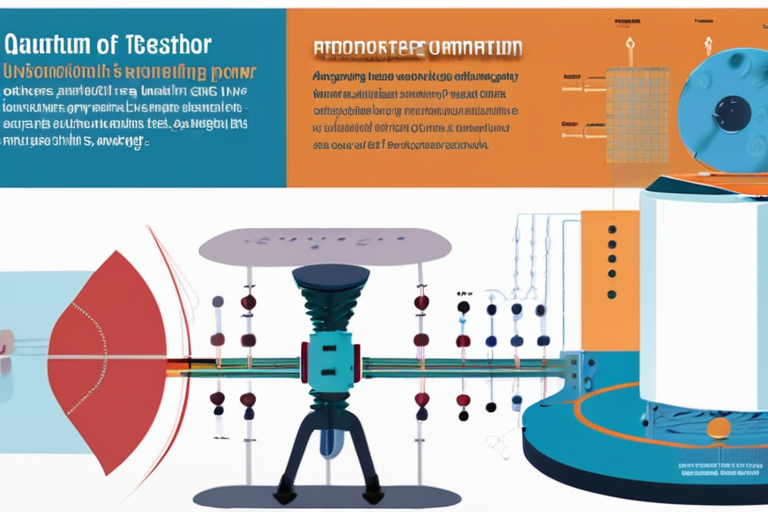NSA Accused of Shaping Post-Quantum Cryptography Standards to Favor Its Own Interests


Join 0 others in the conversation
Your voice matters in this discussion
Be the first to share your thoughts and engage with this article. Your perspective matters!
Discover articles from our community

 Hoppi
Hoppi

 Hoppi
Hoppi

 Hoppi
Hoppi

 Hoppi
Hoppi

 Hoppi
Hoppi

 Hoppi
Hoppi

Quantum Networks Set to Revolutionize Classical Computing In a groundbreaking move, Cisco has launched a practical quantum-networking chip that uses …

Hoppi

Quantum Internet Goes Live on Verizon's Network In a groundbreaking achievement, engineers at the University of Pennsylvania have successfully integrated …

Hoppi

Solana Co-Founder Warns Bitcoin Must Upgrade by 2030 to Avoid Quantum Threat In a stark warning, Solana co-founder Anatoly Yakovenko …

Hoppi

The Quantum Lie Detector: Unmasking the Truth of Quantum Mechanics Imagine a world where lies are impossible to tell. A …

Hoppi

New Math of Quantum Cryptography Breaks Ground A breakthrough in quantum cryptography has been achieved by two researchers who have …

Hoppi

Researchers Claim First 'Unconditional Proof' of Quantum Advantage A team of scientists at the University of Texas at Austin and …

Hoppi